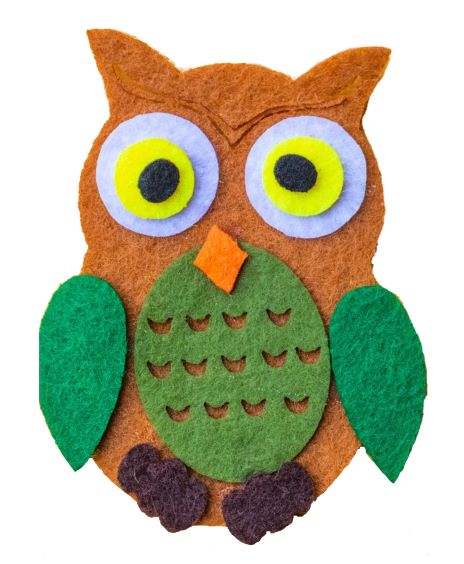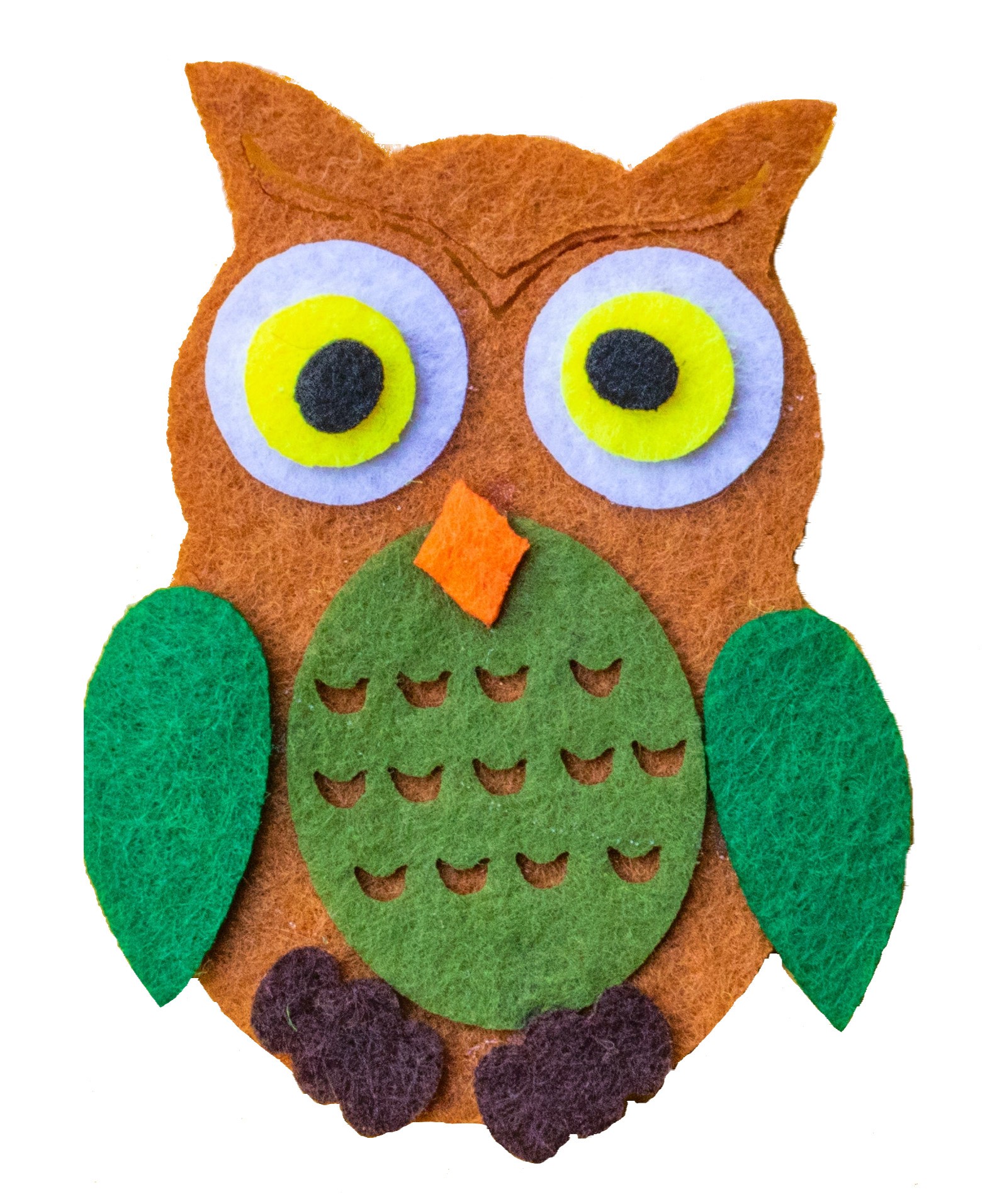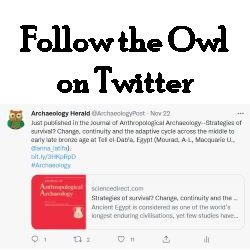In a special issue of the journal Botany titled “Ethnobotany and ethnopharmacology in the Americas,” researchers illustrate the relationships among plants, science, and medicine that made up Indigenous knowledge of plants in the Americas.
In the current reality of lockdowns and isolation, people are turning to plants as a lifeline and way to connect with nature by collecting houseplants and building outdoor gardens. However, for Indigenous Peoples worldwide, connections with plants are not a recent trend. They have a sacred and cultural connection to plants that has existed for millennia.

The new special issue features 16 freely accessible articles that focus on the relationships among Indigenous Peoples and plants and anti-oppressive and decolonial approaches to ethnobotanical research.
According to the publisher, the goal of this special issue is to move out of the colonial era and encourage healthy collaborations in research and the generation of knowledge about plants and fungi.
“We wish to thank all the Indigenous Peoples who contributed to this issue through their involvement in all these projects and papers. These papers provide a window into their rich knowledge and wisdom,” wrote the guest editors of this special issue, Drs. Myron Smith (Carleton University), John Arnason (University of Ottawa), and Alain Cuerrier (Jardin botanique de Montréal, Université de Montréal).
The healing potential of people and plants
Throughout the special issue, international voices describe Indigenous-led projects on medicinally useful plants and the role of traditional botanical knowledge in health care and culture.

- In Amazonian cultures, the tree Ceiba pentandra, commonly known as kapok, is used in shamanistic healing and to treat open wounds.
- In Belize, mental health is a priority for Q’eqchi’ Maya Healers, who also manage a community garden to conserve medicinal plants.
- In Guatemala, the Green Health Project and Association of Councils of Maya Spiritual Guides Releb’aal Saq’e’ are building trustworthy partnerships for “truly advancing acceptable herbal medicine research.”
- In Mexico, the Chontal Indigenous Peoples use the “dream herb” for rituals and to treat diabetes.
- In Canada, more than 1400 medicinal plant species are known to grow and Indigenous Peoples use fungi to treat a variety of ailments including nosebleeds, warts, frostbite, and headaches.
An opportunity learn more about Indigenous knowledge of plants
Indigenous Peoples incorporate plants into all facets of life: medicine, ceremony, food, language, fashion, technology, and economy.
Words by Leigh Joseph, an Indigenous ethnobotanist at the University of Victoria and contributor to the special issue, are a clear call to action: “…we as researchers, professionals, authors, educators and, most importantly, as human beings, have the opportunity to shift how we view plants and other non-human life along with the land that we live on and rely on for all of our health and wellbeing.”
With this call, Joseph and colleagues remind readers of the responsibility for individuals working within an Indigenous context to identify their privilege and unconscious biases, and “shift practices within their respective fields to align with decolonization and to look towards supporting Indigenous and other BIPOC experts and researchers…”
Read the entire collection of papers for free in the journal Botany.




